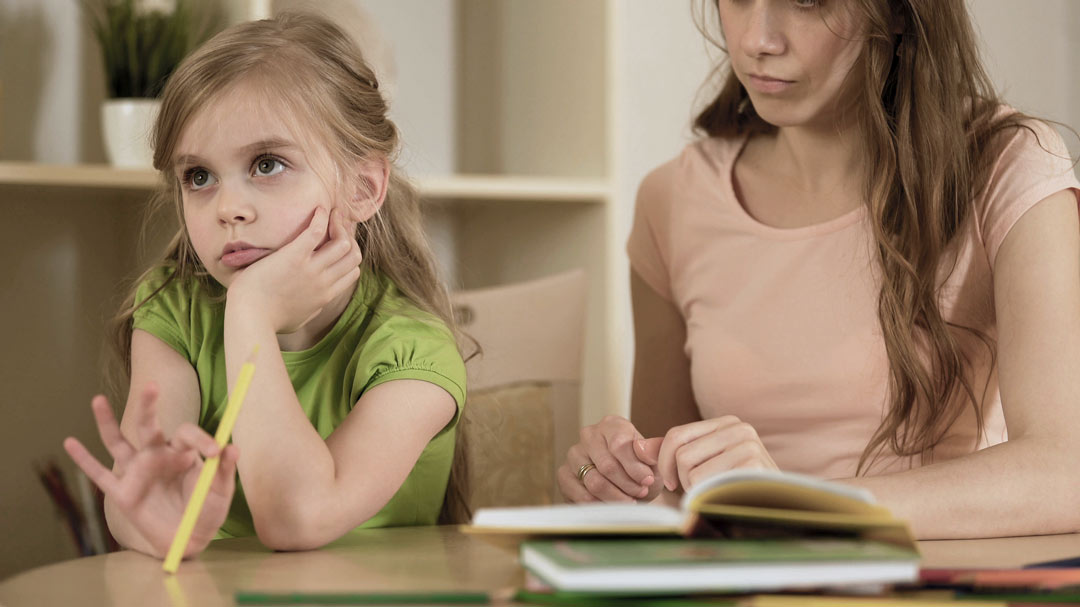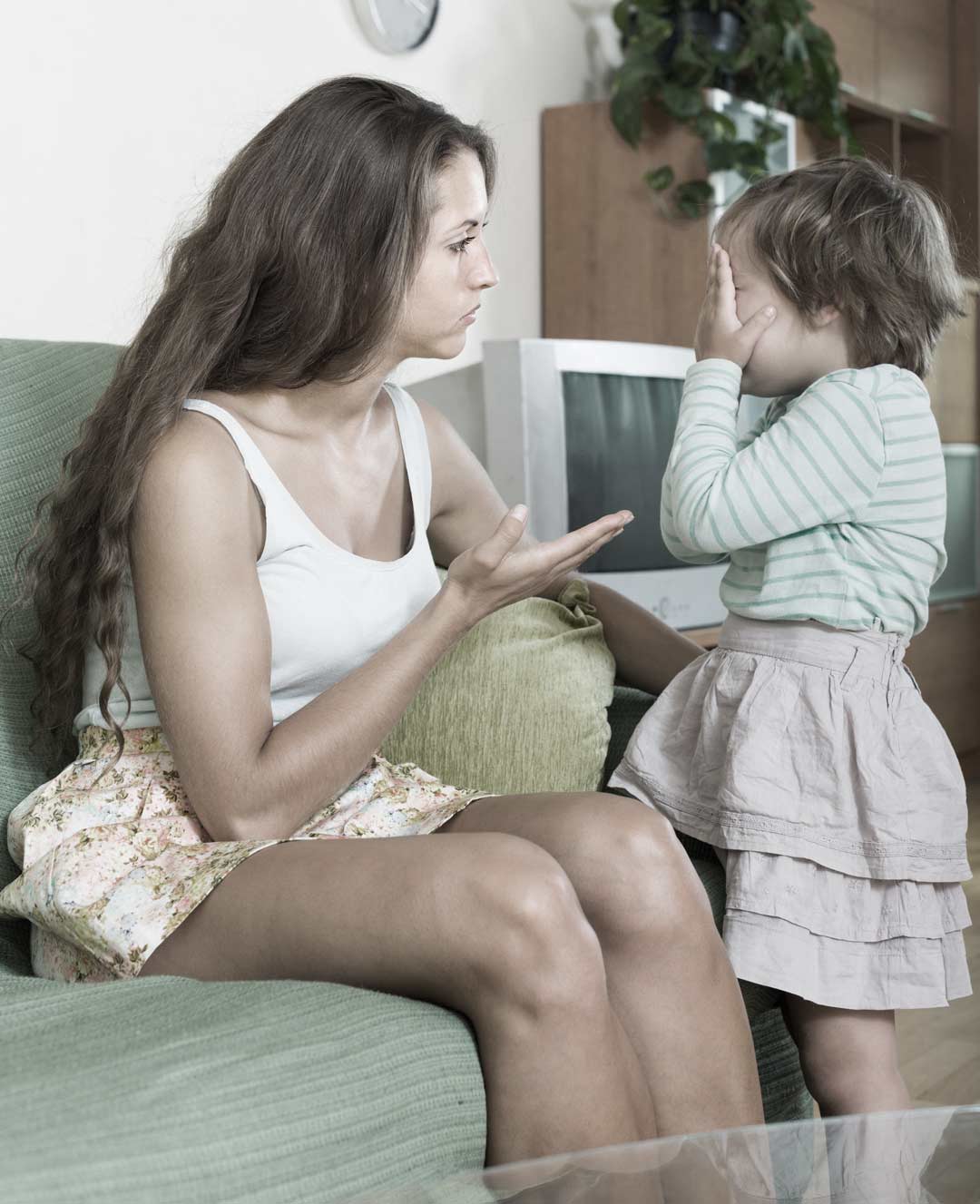Some youngsters are overachieving perfectionists with a paralyzing fear of failure. Others worry about what people will think of them to such an extent that they’re unable to function properly.
Some have had a rough childhood. But others have stable families, supportive parents, and enough resources at their disposal.
The rise of anxiety reflects several societal changes and cultural shifts we have seen over the past couple of decades. Here are the main reasons:
1. The impact of technology

Uninterrupted access to time killing technological devices lets children escape unpleasant feelings such as boredom, loneliness, or sadness by entering virtual gaming worlds when they are in a vehicle or by chatting on social media when they’re sent to their rooms by their parents.
And we are now seeing what the consequences of an entire generation that spends their youth avoiding discomfort are. Their digital devices pushed away opportunities for developing mental strength, and as a result, they did not gain the coping skills needed for handling everyday challenges.
2. The happiness obsession
Happiness is overemphasized to such an extent in today’s society that some parents think it is their duty to make their kids happy all the time. When a child feels down, her parents do everything possible to cheer her up. Or when he is upset, they calm him down.
Children grow up believing that if they are not happy 24/7, something must not be right. And that creates a lot of internal struggle. They do not understand that feelings of sadness, frustration, disappointment, guilt, or anger are a healthy and natural part of being human.
3. Unrealistic parental praise
Telling children things like, “You’re the best player on your team,” or “You’re the smartest and most beautiful,” does not build self-esteem. In fact, it puts extra pressure on children to live up to those praises. And that can lead to a paralyzing fear of rejection or failure in their adult lives.
4. Parents are getting too involved

The parents of today have become personal assistants to their kids. They work tirelessly to make sure their offspring can compete by hiring teachers, private coaches and pay for expensive preparation courses. They make it their task to help their teens write essays and transcripts that will impress a top college. Thereby parents are sending their kids the message that they must excel at all and everything just to secure themselves a desired spot at such an institution.
5 Children are not learning emotional skills
We overemphasize academic training and forget to teach children the emotional skills they need to make it in the real world. As a matter of fact, a U.S. nationwide survey of freshmen college students found that 60% feel emotionally ill-prepared for academic life.
Being equipped with time-management skills, knowing how to fight stress, and understanding how to take care of your feelings are crucial components to living a healthy life. Without these coping skills, it is no wonder teens are feeling anxious over everyday hassles.
6. Parents see themselves as guards rather than guides
Somewhere down the road, a large number of parents started believing that it is their duty to help their children grow up with as few emotional and physical scars as possible.
Parents coddled and overprotected their children to such an extent that they deprived them of learning to deal with difficulties on their own. As a result, these teens have grown up to believe they’re too weak to cope with the real world.
7. Adults do not understand how to help their children face their fears
On one side, you will find parents who force their kids too hard. They make them do things that terrify them. On the other side, there are parents who don’t push their children at all. They allow them to drop out of anything that sounds anxiety-triggering.
Being exposed to things you’re afraid of is the best way to conquer your fears when it is done incrementally. But without training, a little pushing, and guidance, children never gain the confidence needed to face their fears promptly.
8. Adults are parenting out of fear and guilt

Parents often experience uncomfortable emotions, like fear and guilt. But instead of giving in to those emotions, a large number of parents are simply changing their parenting habits. Hence they do not let their children out of their sight because it causes them anxiety, or they feel so guilty when denying anything to their children that they just back down and give in. As a result, parents are effectively teaching their children that uncomfortable feelings are unacceptable.
9. Children are not being given sufficient free time to play
While sporting activities are an important part of children’s lives, parents make and enforce the rules. Unsupervised play teaches children important lessons, like how to manage disagreements without the interference of an adult. And solitary play teaches children how to cope with being alone and comfortable in their own skin.
10. Family hierarchies have been turned upside down
While children give the impression that they want to be in charge, deep inside they are aware of the fact that they’re incapable of making the right decisions. They need their parents to be leaders – even if there is disharmony in the ranks. And when the hierarchy gets turned upside down, their anxiety rises exponentially.
For a more in-depth look on the topic check out social psychologist Jonathan Heidt’s eye-opening talk, ‘The Coddling of the American Mind’.
If you found this article informative, don’t hesitate to share it and drop us a comment.


